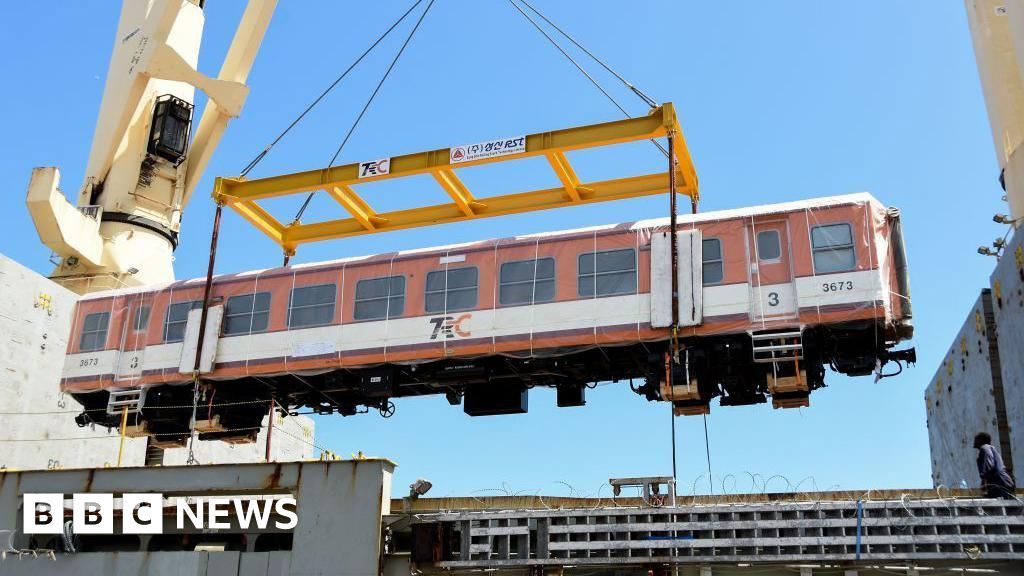You have a preview view of this article while we are checking your access. When we have confirmed access, the full article content will load.
Military officials discuss whether sending more force to the Middle East is helping to prevent a much wider war, or emboldening Israel.

Oct. 4, 2024
As the Israeli offensive in Lebanon expands to include ground incursions and intensifying airstrikes, senior Pentagon officials are discussing whether the enhanced U.S. military presence in the region is containing a widening war, as they had hoped, or inflaming it.
In the 12 months since Hamas attacked Israel, launching a conflict that includes Yemen, Iran and Lebanon, the Pentagon has sent a bristling array of weaponry to the region, including aircraft carriers, guided missile destroyers, amphibious assault ships and fighter squadrons.
The Pentagon announced this week that it would add a “few thousand” more troops to the equation and essentially doubled its air power in the region.
President Biden says the U.S. hardware and extra troops are there to help defend Israel and to protect other American troops on bases throughout the region. In an interview on Thursday, the deputy Pentagon spokeswoman, Sabrina Singh, said the Defense Department’s leadership remained “focused on the protection of U.S. citizens and forces in the region, the defense of Israel and the de-escalation of the situation through deterrence and diplomacy.”
The larger American presence, she said, is meant to “deter aggression and reduce the risk of a broader regional war.”
But several Pentagon officials expressed concern that Israel was waging an increasingly aggressive campaign against the Lebanese militia Hezbollah, Iran’s most powerful proxy, knowing that an armada of American warships and dozens of attack planes stand ready to help blunt any Iranian response.

 1 month ago
7
1 month ago
7











 English (US) ·
English (US) ·